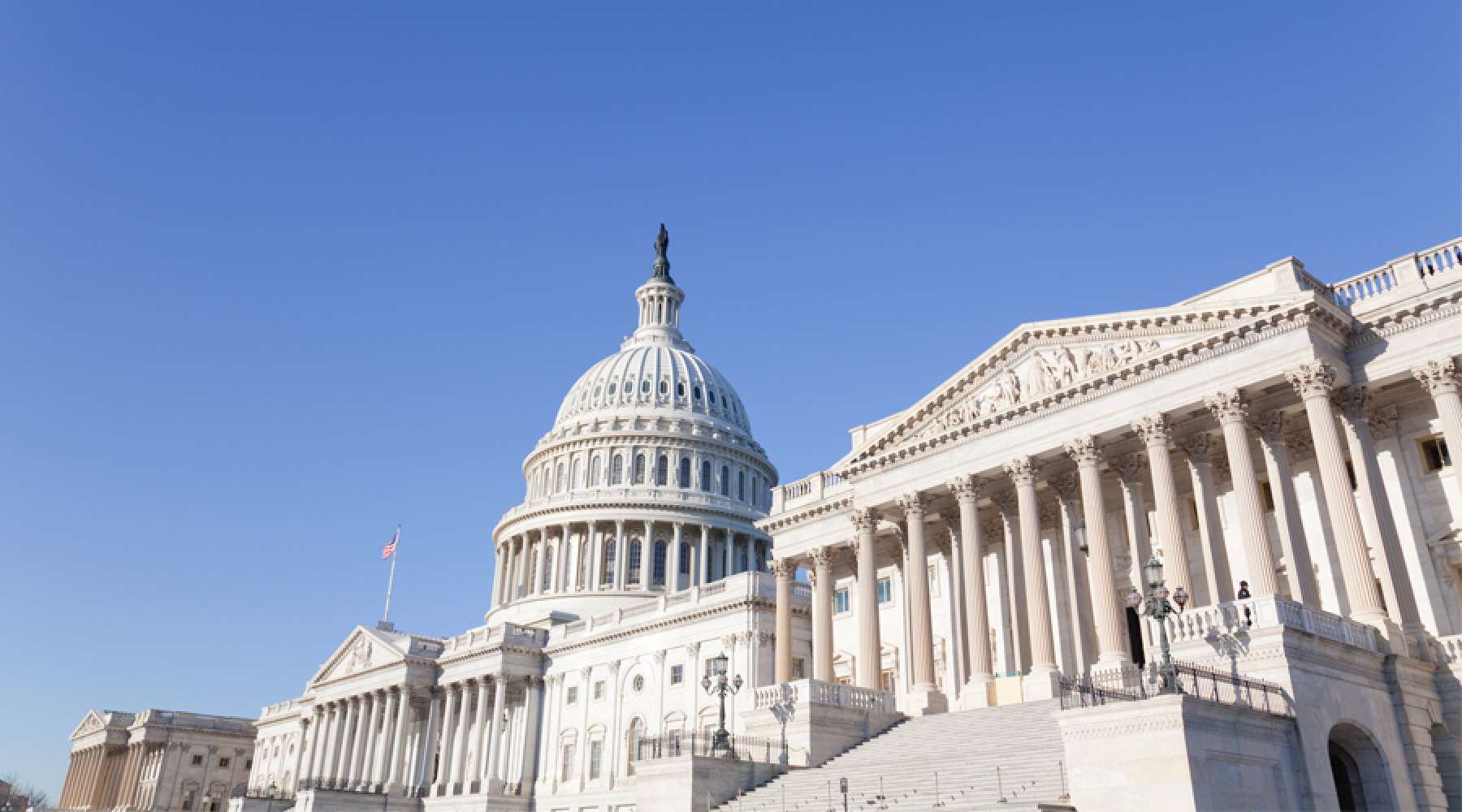
As someone coming from an economic policy background, I wanted a summer internship that would allow me to leverage my experience while gaining insights into the world of finance in emerging markets. My internship with the U.S. International Development Finance Corporation (DFC) was a great fit and an incredibly rewarding experience.
To people unfamiliar, I have described the DFC (somewhat reductively) as the U.S. version of the World Bank. It is a newly created government agency that will provide $60B in financing solutions to the developing world. The DFC is composed of a range of talented experts who work on everything from financing large energy infrastructure projects to equity investments in agriculture start-ups.
I worked primarily on transactions involving loan portfolio guarantees for large banks. These transactions aim to catalyze private capital in sectors that are perceived to be too risky while advancing U.S. development goals. I found this work to be particularly meaningful in light of COVID-19’s impact on credit markets and sectors critical to public health. I worked with six investment officers and two relationship managers on a number of transactions throughout my 10 weeks. These transactions ranged from facilitating the creation of a new product to finance solar pumps in India to expanding lending to COVID-impacted healthcare facilities in Tanzania. Since COVID-19 made for virtual due diligence meetings (usually done in-country), I was able to participate in meetings with companies and investors. I asked c-suite leaders at financial institutions in India, Georgia, Tanzania and Indonesia about everything from their long-term strategy to their liquidity targets
Throughout the internship, I was able to put a number of learnings from my first-year coursework to use. I had the opportunity to work on the full credit review process, understand how an investment officer goes about structuring deals and how different macro considerations weigh into the risk model that the DFC uses. I spent a good deal of time using the accounting and modeling skills I learned in my first year to work on financial spreads and evaluate credit models (although Indian GAAP, to my detriment, was not covered in Financial Accounting). A critical part of our due diligence was understanding our partner institution’s long-term strategy, the macro trends impacting that strategy and assessing these factors against their financial performance and DFC offerings. Concepts from my strategy and finance classes helped me assess these issues and write up credit papers that will be reviewed by the DFC’s investment committee.
Overall it was a fantastic experience and I lucked out by having the opportunity to work with a super talented team who thoughtfully (and patiently) mentored me through transactions. A fellow Tuckie, Felizia Bacall T’15, the head of our Latin America, Caribbean, Europe and Eurasia unit, was a great mentor throughout my summer and another example of just how supportive Tuck’s alumni base is. Tuck Gives was an integral part of this experience and I hope that future Tuckies will take advantage of this program to pursue careers in development finance.